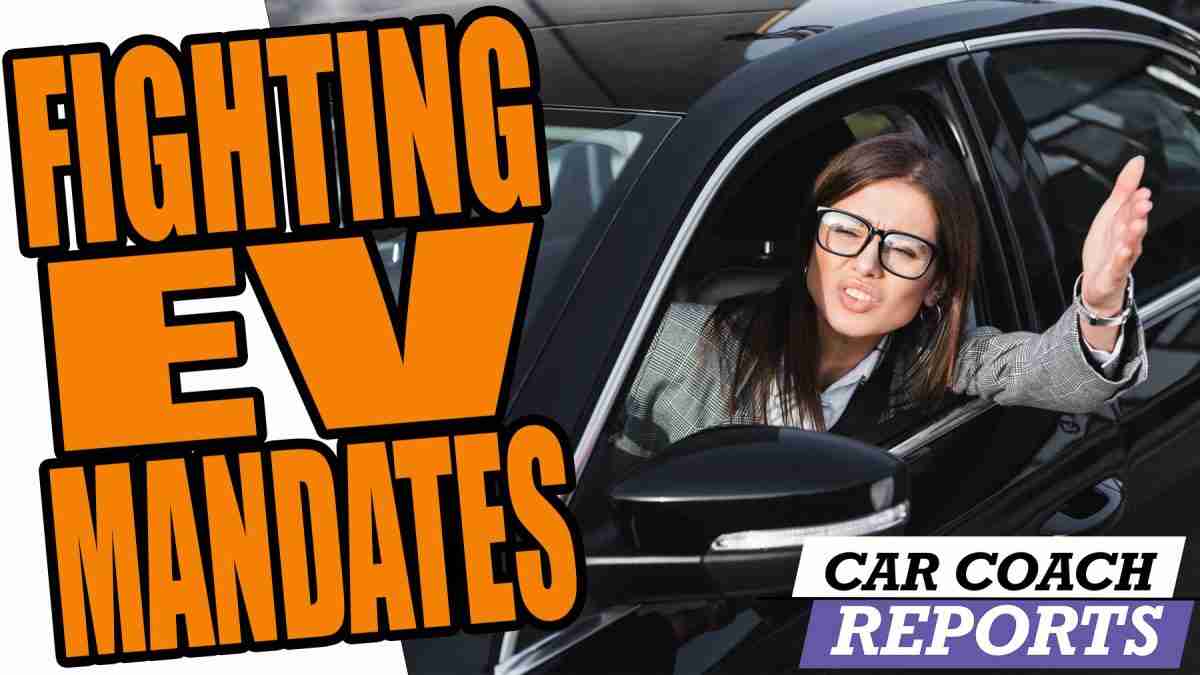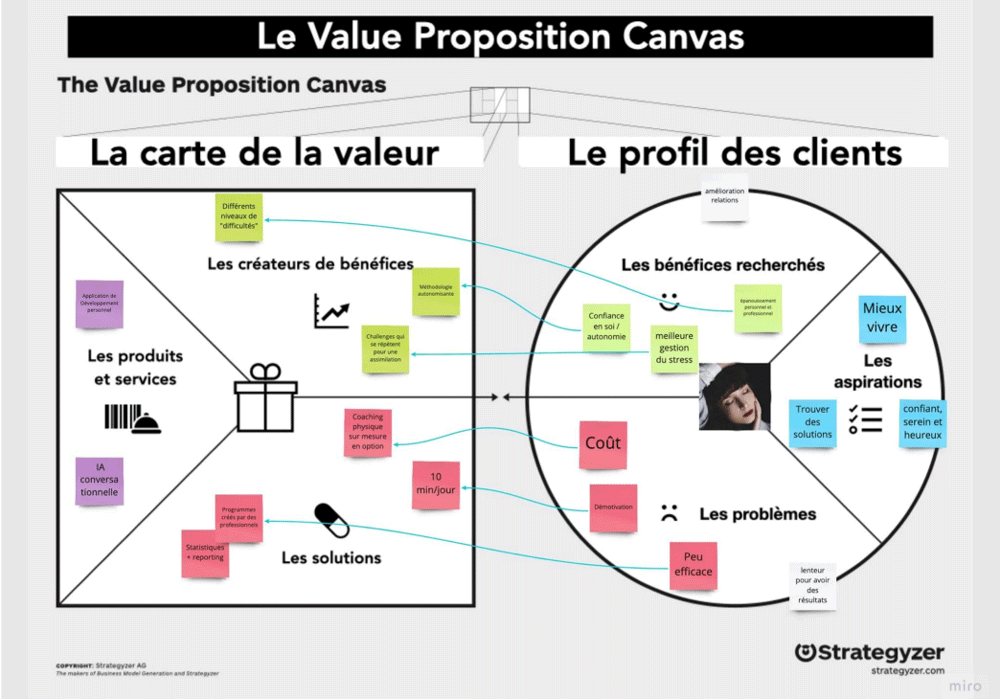Car Dealerships Step Up Opposition To Electric Vehicle Regulations

Table of Contents
Financial Concerns Driving Dealer Opposition
The transition to electric vehicles presents significant financial challenges for car dealerships, impacting their profitability and long-term viability. These concerns are a major driver of their opposition to stricter EV regulations.
Impact on Profit Margins
The shift from gasoline-powered vehicles to EVs significantly alters dealership revenue streams. Dealerships traditionally rely heavily on service revenue generated from the maintenance and repair of internal combustion engine (ICE) vehicles. EVs, with their simpler mechanics and fewer moving parts, require less frequent and less extensive servicing. This translates to reduced profit margins for dealerships.
- Reduced service revenue: EVs have fewer parts requiring replacement, resulting in significantly lower service revenue compared to gasoline cars. Studies suggest service revenue from EVs can be as much as 50% lower than from ICE vehicles.
- Higher initial investment in EV infrastructure: Dealerships need to invest heavily in new infrastructure to service and sell EVs, including specialized charging stations, high-voltage equipment, and training for technicians. This represents a considerable upfront cost.
- Potential loss of sales from higher EV prices: The higher initial purchase price of many EVs compared to gasoline-powered vehicles impacts consumer affordability, potentially reducing overall sales volume for dealerships.
Inventory Management Challenges
Stocking and managing EV inventory presents unique challenges for dealerships. Unlike gasoline vehicles, where demand and supply chains are relatively well-established, the EV market is still developing.
- Higher upfront costs for EV inventory: EVs often require a larger upfront capital investment compared to ICE vehicles.
- Uncertainty about future demand: Predicting demand for specific EV models and trims can be difficult, leading to inventory imbalances and potential losses.
- Difficulty in predicting consumer preferences for specific EV models: The rapidly evolving technology in the EV sector means consumer preferences are also constantly changing, making it challenging for dealerships to accurately forecast demand.
Training and Expertise Requirements
Servicing and selling EVs require specialized knowledge and skills. Dealerships face the significant cost and challenge of training their workforce to meet these new demands.
- Investment in employee training programs: Dealerships need to invest in comprehensive training programs to equip their staff with the expertise to handle high-voltage systems, specialized diagnostics, and EV-specific repairs.
- Potential skill gaps in the workforce: Finding and retaining technicians with the necessary expertise in EV technology can be difficult, creating a potential skill gap in the workforce.
- Costs associated with hiring and retaining EV-specialized technicians: Attracting and retaining qualified EV technicians requires competitive salaries and benefits, adding to the financial burden on dealerships.
Concerns about Government Policies and Mandates
Dealerships are also voicing concerns about the pace and nature of government policies and mandates related to electric vehicles. These concerns add to their opposition to stricter EV regulations.
Rapid Transition Concerns
The rapid push for EV adoption leaves many dealerships feeling unprepared for the swift changes required to adapt their business models.
- Lack of sufficient time to adjust infrastructure and workforce: Dealerships need adequate time to invest in the necessary infrastructure and train their personnel to effectively handle the shift to EVs.
- Concerns about government support for the transition: Dealerships are concerned about the level of government support available to help them navigate this transition, such as funding for infrastructure upgrades and employee training.
- Concerns about consumer readiness for widespread EV adoption: Dealerships are uncertain whether consumers are sufficiently prepared to embrace EVs on a large scale, considering factors such as charging infrastructure availability and range anxiety.
Lack of Consumer Demand (Perceived)
Many dealerships perceive a lack of consumer demand for EVs, citing several factors that hinder widespread adoption.
- Range anxiety: Consumer concerns about limited driving range on a single charge remain a significant barrier to EV adoption.
- Charging infrastructure limitations: The lack of widespread and reliable charging infrastructure, especially in rural areas, continues to be a concern for potential EV buyers.
- Higher purchase prices: The relatively higher initial purchase price of EVs compared to gasoline-powered cars remains a significant impediment to adoption for many consumers.
- Lack of consumer education on EV benefits: Many consumers may not be fully aware of the benefits of EVs, such as lower running costs and reduced environmental impact.
Regulatory Uncertainty
The ever-changing landscape of EV regulations contributes to the uncertainty and anxiety among dealerships.
- Changing emission standards: The constantly evolving emission standards create uncertainty about future compliance requirements and the potential costs associated with meeting those standards.
- Tax incentives and credits: Changes in government tax incentives and credits for EVs can impact consumer demand and dealership sales, creating uncertainty in their long-term planning.
- Potential for future policy changes and their impact on profitability: The potential for further changes to EV regulations creates anxiety about future profitability and the sustainability of their businesses.
Lobbying Efforts and Industry Responses
Facing these challenges, the automotive industry, through its various associations and individual dealerships, is actively lobbying against what they see as overly aggressive EV regulations.
Industry Associations' Actions
National and regional automotive associations are playing a significant role in representing the concerns of dealerships and advocating for changes to EV regulations.
- Examples of lobbying efforts: These efforts include direct lobbying of government officials, public awareness campaigns, and legal challenges to regulations deemed overly burdensome.
- Statements made by industry leaders: Industry leaders are publicly voicing concerns about the impact of EV regulations on dealerships and the broader automotive industry.
- Legal challenges to regulations: In some cases, industry groups have launched legal challenges to contest regulations they believe are unfair or economically unviable.
Strategies for Adaptation
Despite their opposition to certain aspects of EV regulations, many dealerships are recognizing the inevitable shift towards electric vehicles and are adapting their strategies accordingly.
- Investing in EV infrastructure: Some dealerships are investing in charging stations and specialized tools to service and sell EVs.
- Training staff on EV maintenance and sales: Dealerships are investing in training programs to upskill their workforce in EV technology.
- Exploring partnerships with EV manufacturers: Some dealerships are forging partnerships with EV manufacturers to gain access to training, support, and inventory.
Conclusion
The opposition to electric vehicle regulations from car dealerships is multifaceted, stemming from legitimate financial concerns, anxieties about government mandates, and a perceived—though potentially evolving—lack of consumer readiness. While the transition to EVs is crucial for environmental sustainability, understanding the challenges faced by dealerships is vital for creating effective policies that support both the industry's adaptation and the widespread adoption of electric vehicles. To ensure a smooth and successful transition, policymakers must engage in open dialogue with dealerships, considering their concerns, and collaboratively developing a supportive framework that benefits both the environment and the automotive industry. Further research and discussion on balanced and effective electric vehicle regulations are crucial for a successful transition to a cleaner transportation future.

Featured Posts
-
 Yelich Returns To The Diamond First Spring Start After Back Surgery
Apr 23, 2025
Yelich Returns To The Diamond First Spring Start After Back Surgery
Apr 23, 2025 -
 17 Fevrier Infotel Et Sa Valeur Ajoutee Pour Les Clients
Apr 23, 2025
17 Fevrier Infotel Et Sa Valeur Ajoutee Pour Les Clients
Apr 23, 2025 -
 Bu Aksamki Diziler 17 Subat Pazartesi
Apr 23, 2025
Bu Aksamki Diziler 17 Subat Pazartesi
Apr 23, 2025 -
 Posthaste Deeper Canadian Recession Predicted Despite Lower Tariffs
Apr 23, 2025
Posthaste Deeper Canadian Recession Predicted Despite Lower Tariffs
Apr 23, 2025 -
 Across The Us Protests Against Trump And Their Demands
Apr 23, 2025
Across The Us Protests Against Trump And Their Demands
Apr 23, 2025
Latest Posts
-
 The Transgender Military Ban Examining Trumps Rhetoric And Policy
May 10, 2025
The Transgender Military Ban Examining Trumps Rhetoric And Policy
May 10, 2025 -
 Trumps Transgender Military Ban An Opinion And Analysis Of The Controversy
May 10, 2025
Trumps Transgender Military Ban An Opinion And Analysis Of The Controversy
May 10, 2025 -
 Analyzing Trumps Stance The Truth Behind The Transgender Military Ban
May 10, 2025
Analyzing Trumps Stance The Truth Behind The Transgender Military Ban
May 10, 2025 -
 Understanding Trumps Transgender Military Ban Separating Fact From Fiction
May 10, 2025
Understanding Trumps Transgender Military Ban Separating Fact From Fiction
May 10, 2025 -
 Trumps Transgender Military Ban Deciphering The Double Speak
May 10, 2025
Trumps Transgender Military Ban Deciphering The Double Speak
May 10, 2025
